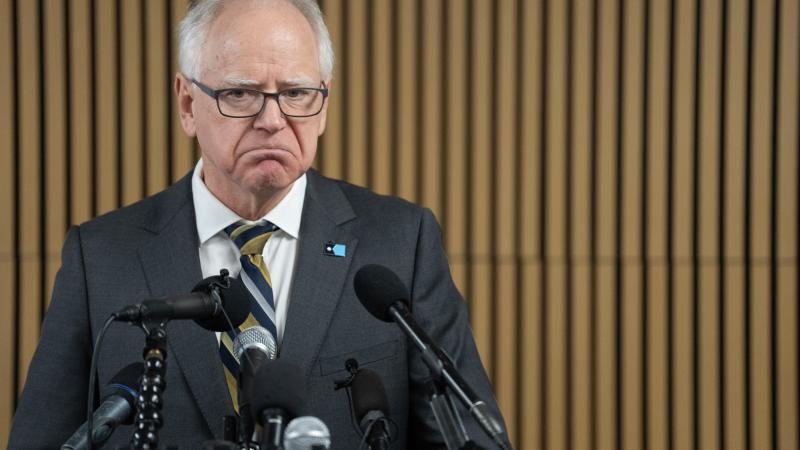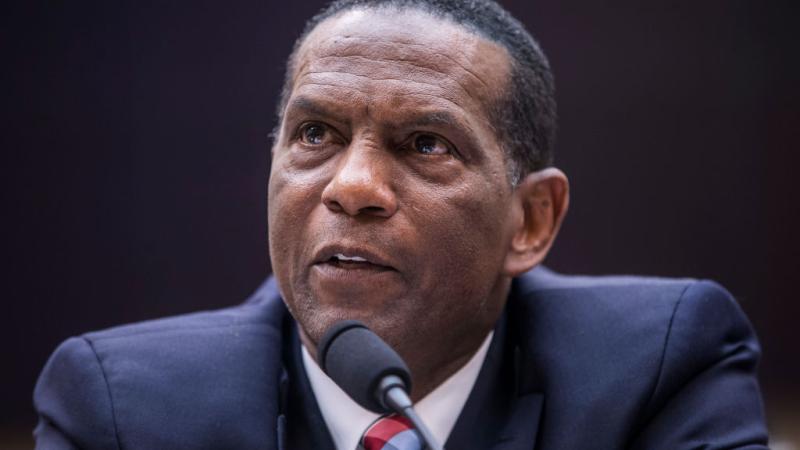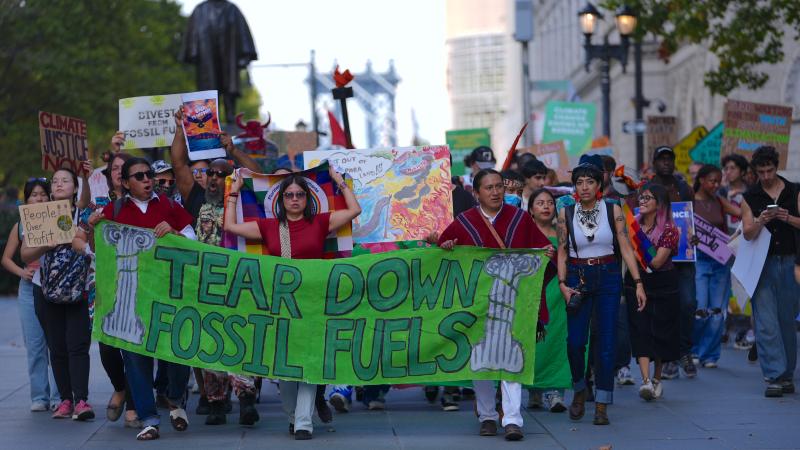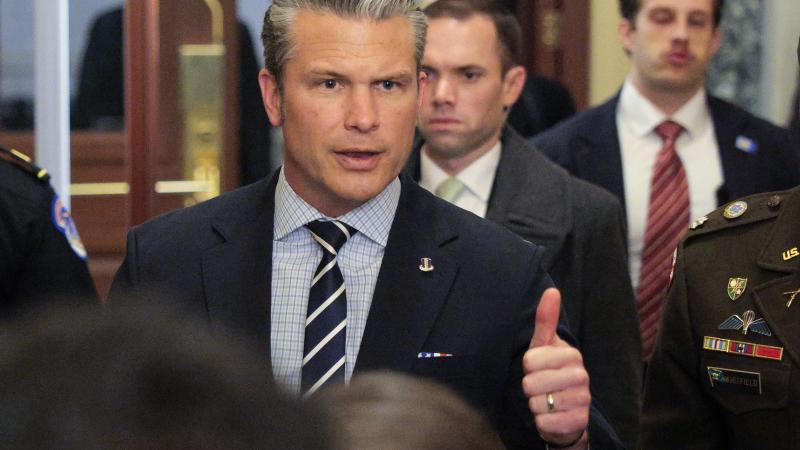Nonprofit hospitals accepted tax breaks then billed charity care patients millions anyways
After study, North Carolina State Treasurer says state needs to implement more oversight to stop financial abuse by hospitals.
Despite receiving billions of dollars in tax breaks to provide free or discounted health care to patients, some of North Carolina's charity care hospitals billed the poor at an average rate up to almost three times the national average, a new report shows.
The report by the National Academy of State Health Policy (NASHP) and North Carolina State Health Plan said North Carolina nonprofit hospitals received about $1.8 billion in tax breaks from 2019 to 2020, but some of them billed $149.2 million to patients who should have qualified for charity care under the hospitals' own policies.
North Carolina State Treasurer Dale Folwell, who commissioned the study, said the state needs to implement more oversight and accountability measures to stop the financial abuse by the hospitals.
"Failures in charity care have real consequences for real patients, especially those with low or fixed incomes who should be protected instead of punished," Folwell said Wednesday during a news conference about the report's findings. "Only 1 in 5 hospitals' charity care justified their tax breaks. Instead, some hospitals sent out bills to the most vulnerable residents of our state. These patients can't afford these bills, and most couldn't even find out what their bill was until it was too late."
Even though the patients should have received free or discounted service, the hospitals still attempted to collect payment for the medical bills, the report found. Some hospitals went as far as garnishing wages, suing patients or pressuring them to open medical credit cards. Once the hospital exhausted its collection efforts, it absorbed the cost and wrote it off as bad debt.
Researchers analyzed the nonprofit hospitals' Medicare cost data and Internal Revenue Service (IRS) federal tax filings. They found an average of 11.9% to 28.7% of the hospitals' bad debt should have been charity care in fiscal year 2019. The national average is 10%. The figures only account for 16% of the more than 100 operational hospitals in fiscal 2019.
"The rest either operate in a legal loophole that prevents transparency, or they claimed to have sent poor patients $0 in bills, sometimes without providing sufficient evidence of more robust mechanisms to avoid billing the poor," researchers wrote.
UNC Rockingham Health Care reported $14 million in bad debt to the IRS, while researchers found $13.4 million of the charges should have been charity care.
Researchers said they expect the COVID-19 pandemic to exacerbate the issue, as early data has shown.
North Carolina's nonprofit hospitals have reported charging an average of 48% of their bad debt to patients eligible for charity care in fiscal year 2020. Some reported billing more than 60% to 80% of their bad debt to low-income patients that should have received charity care in fiscal 2019 and fiscal 2020.
North Carolina and the federal government does not enforce a minimum threshold for community benefit spending or charity care eligibility, Folwell said.
The State Health Plan and researchers from the Johns Hopkins University Bloomberg School of Public Health found in October that North Carolina's largest nonprofit hospitals' charity service did not surpass 60% of the value of their tax breaks.
Lawmakers at the news briefing Wednesday said they would review the report and speak to hospitals and patients to evaluate the issue.
"I always like to find out who's responsibility it is and take corrective action, and that's what needs to be taken here: corrective action," Rep. Edward Goodwin, R-Chowan, said. "We can pass a couple of bills, or one bill that will fix this, and that's what we need to focus on."
















